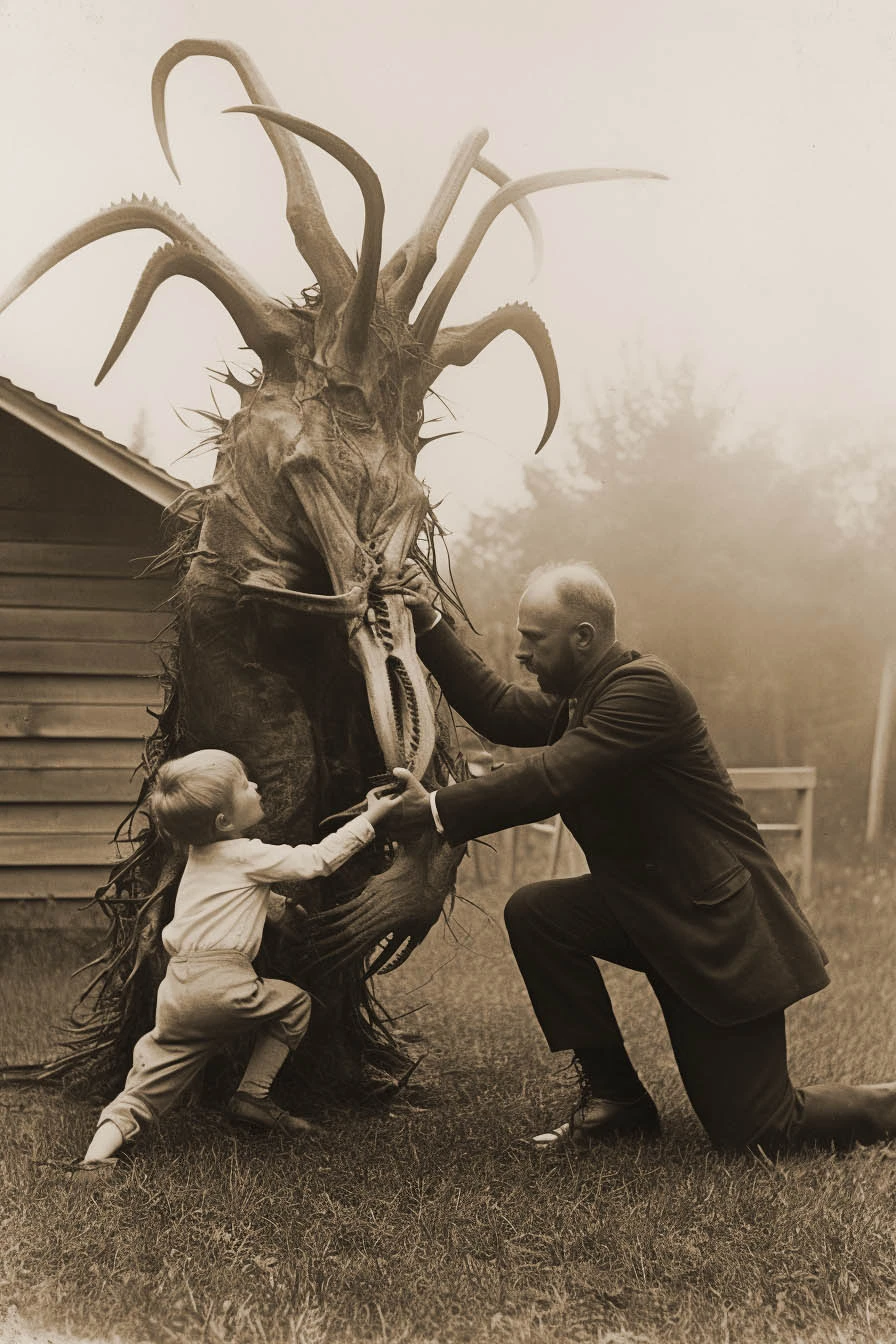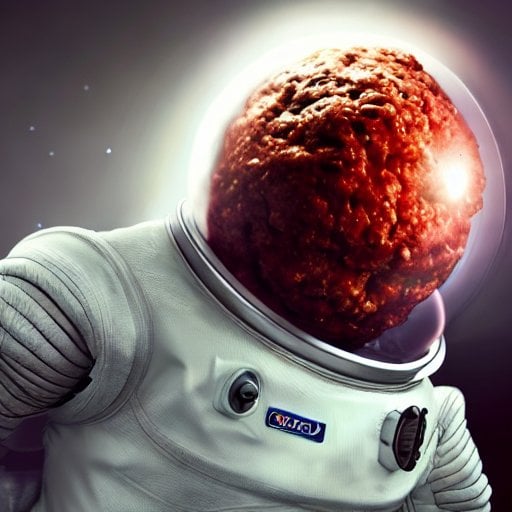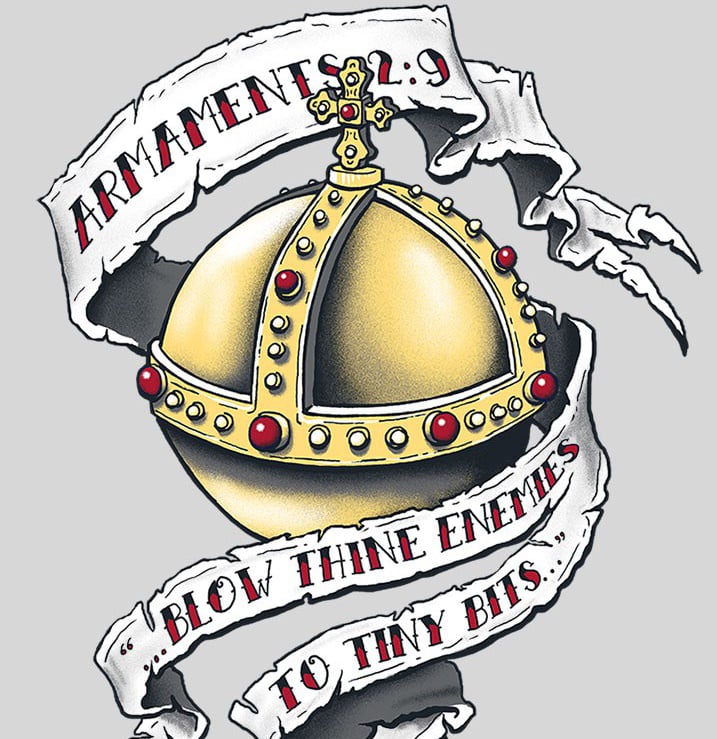Don’t forget the fact that this is all started by horny plants who only dress up nicely and offer sweets to allure innocent little bees because dirty as they are plants want bees to touch their genitalia to smear pollen all over their bodies as the little ones fly from plant to plant, exchanging pollen by means of a never ending bukkake.
Never Ending Bukkake is going to be my band name.
Pollen = Semen. Got it.
If, Pollen = Semen
Than, passing pollen 👄 to 👄 = snowballing
Please tell me that snowballing isn’t a real thing
You must be new on the internet…
I will be on my way out now
all that female bee snowballing with each other… naughty girls
thankfully they’re actually wearing cargo pants and stuff the pollen into their side pockets, and thus end up looking hilarious and adorable as they wobble away
deleted by creator
Not to be all “Well ackchyually” but most (maybe all?) of the moisture reduction happens after the nectar has been stored in the comb, but before it has been capped with wax for storage. So the bottom two panels are out of order.
Also, if anyone cares, the term for the mouth-to-mouth passing of the nectar is trophallaxis.
Read my mind - thanks!
Maybe the reading order is U shaped.
Maybe you’re right. I get all confused when it’s not in Möbius order.
Ↄ shaped
Wait, is it really just nectar with less water content then? Could we make honey ourselves without all the bees by just collecting a bunch of nectar and evaporating off some of the water?
I think having thousands of insects collect that nectar is more efficient than trying to do it by hand. But I’d be curious to taste if the bees impart any additional flavor. I know honey made by giving bees primarily sugar water doesn’t taste like much, but there could be other stuff going on with the nectar inside the bee.
Have you ever tasted flower nectar?
I grow gladiolus sometimes, and they produce a lot of nectar, but there aren’t any pollinators for those flowers around me, so I remove the nectar myself with a syringe. There isn’t a lot in each flower, but it’s nice in a cup of tea.
It doesn’t really taste like honey, even dilute honey. It doesn’t taste like just sugar water, either, though. I’m sure each flowering plant produces a subtly different flavor, like fruit.
And indeed, honey apparently tastes different depending what the bees are feeding on. But I’d say it’s probably a mix of something bee-specific and the nectar itself.
Maybe it’s similar to how tree sap tastes different after you’ve boiled it down to syrup?
Maple sap has a pleasant, very mildly sweet flavor whereas maple syrup is the greatest thing on earth.Maybe, although the flavor of that probably does change somewhat due to being boiled, just like I imagine the bee concentration/dehydration process adds something.
The math is interesting: it takes 40L of sap to produce 1L of syrup which means only 2.5% of the original sap remains after boiling it. I wonder if it caramelizes slightly from the boiling process.
The bit about flowers creating different honey is VERY true, here in sweden it’s popular to make honey specifically from heather and it’s distinctly different from regular honey.
My dad favours clover honey.
A big part of it is things that happen to the nectar while inside of the bees. That being said, synthetic honey does exist. They use specific types of bacteria to simulate what the bees introduce to it.
To expand on this… Part of what happens to the nectar inside the bee’s honey crop is the addition of various enzymes (IIRC invertase is one. I don’t recall any of the others) that modify the sugars and other compounds in the nectar.
So nectar goes in, the result of nectar + enzymes comes out, then it’s dried until the moisture content is low enough (~18% is what I was told as a beekeeper. Who knows how the bees measure it…)
collecting a bunch of nectar and evaporating off some of the water
That’s basically the process to make real maple syrup. They just boil sap instead of letting it evaporate to get syrup. I bet if we could collect nectar and figure out the bee’s gut bacteria we could make honey.
Edit: A quick web search later:
the flowers the nectar is collected from also influence the flavor of the honey, so you’ll have slight regional distinctions there.
And if you use rhododendron nectar you end up with hallucinogenic honey:
https://en.wikipedia.org/wiki/Grayanotoxin#Mad_honey_intoxication
I finally know what inspired that weird Futurama episode!
Wait till you hear that milk is…
Why people keep forgetting chicken eggs?
COW PUKE?!?!?
Moo Juice
Titty juice!
Mmmm, bee puke
the life of the bee is an incredible journey.
it
wonhelped the author win a noble prize. find a good translation and a good print.well worth a read about life, but there are some garbage contemporary editions.
Thanks for sharing!

















